We tend to forget that in fact everything we need is in our hands, or in our surroundings. For humans are a part of nature and can live life to the fullest when they are in organic harmony with it. “Back to the roots,” you might say—if you want to see the world with fresh eyes, discover the vibrant, blossoming story of Marianna Pinczés and the Grapoila team in our new Behind the Scenes episode.
Cold-pressing, phytonutrients, zero waste—these are only a few of the terms that are now part of the health and eco-conscious conversation, and we hear and read them almost everywhere, but 10-15 years ago you had to look for them with a magnifying glass. As part of a consumer society, we were trained to purchase, use, discard, and then replace everything, and anything we wanted was available. This abundance promised prosperity, but also took us away from the earth, from who we are.
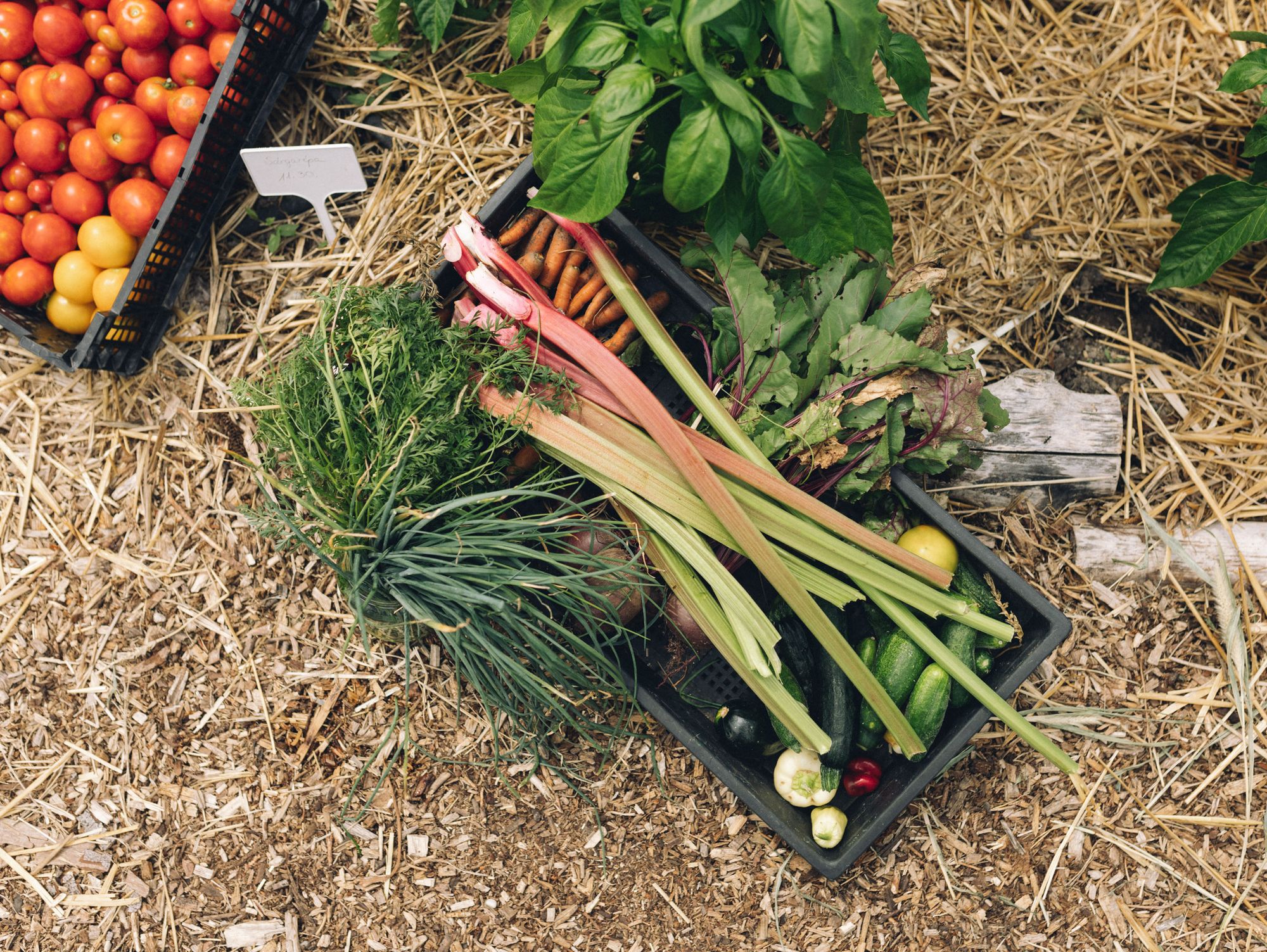
Marianna Pinczés was still a university student when she chose cold pressed oils, more specifically grapeseed (oil), as the topic for one of her courses. At that time, various seed oils were used more by the cosmetic industry (argan oil), traditional, regional Hungarian cuisine (e.g. pumpkin seed oil), and the furniture industry (linseed oil), with a focus on their practical rather than their entertainment value. However, seeds of all kinds were plentiful, and as a residual raw material, mostly for compost or animal feed. As she began to research the subject, she realized it had potential, so she put her plans into action.

“I contacted a few wineries to buy grape marc after the harvest. They looked at me strangely—what was I going to do with that?”
With some help from her family, she purchased a small press that produced biodiesel but could also process grape seeds. After the grape skins were separated from the marc, they were dried and ground into flour. The oil was pressed from the seeds, then filtered, the resulting sludge was separated (and made into cosmetics), and the dry residue was ground into flour. At the end of the process, there was no waste left over, or if there was, it made perfect compost or fuel.
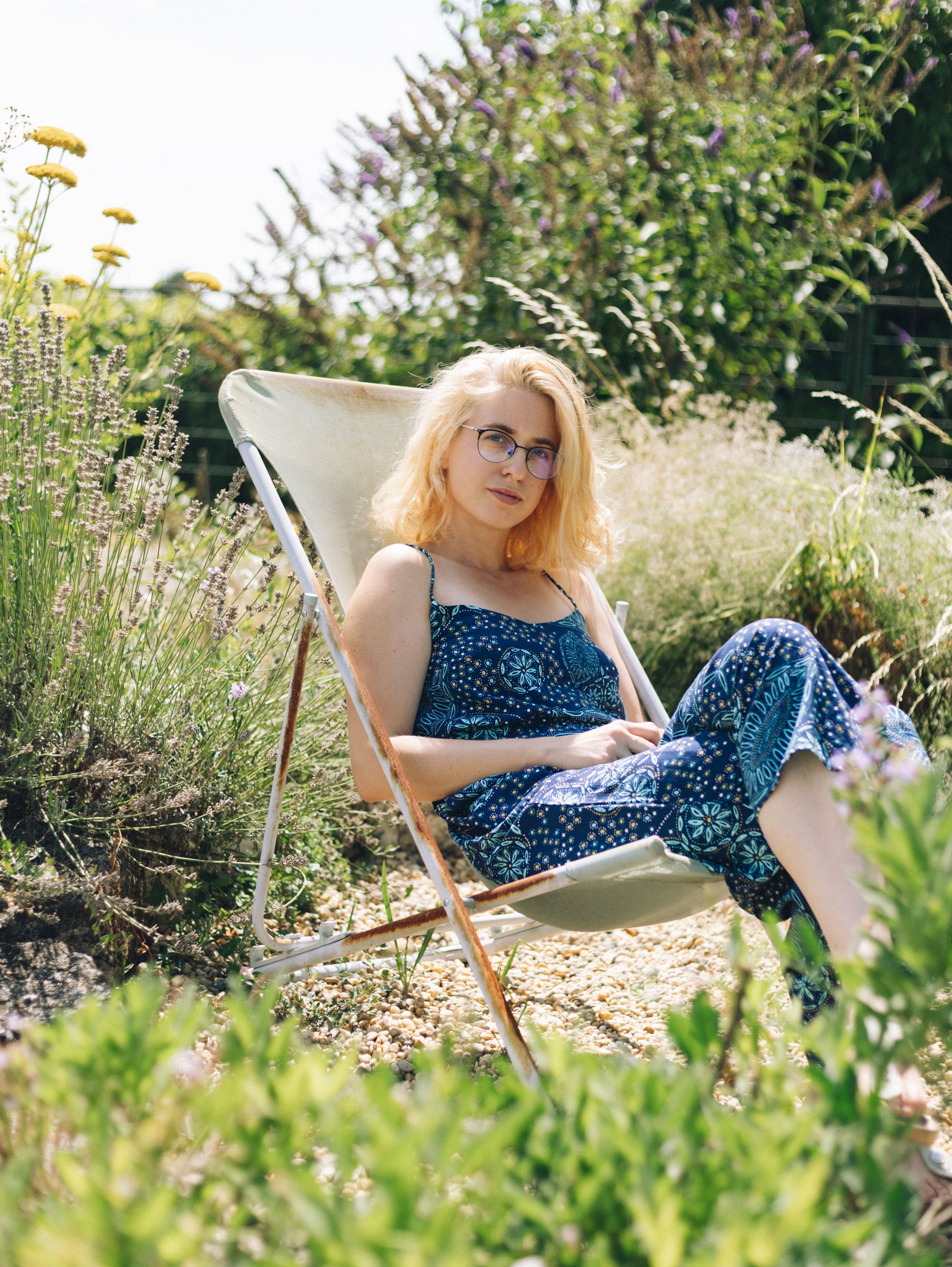
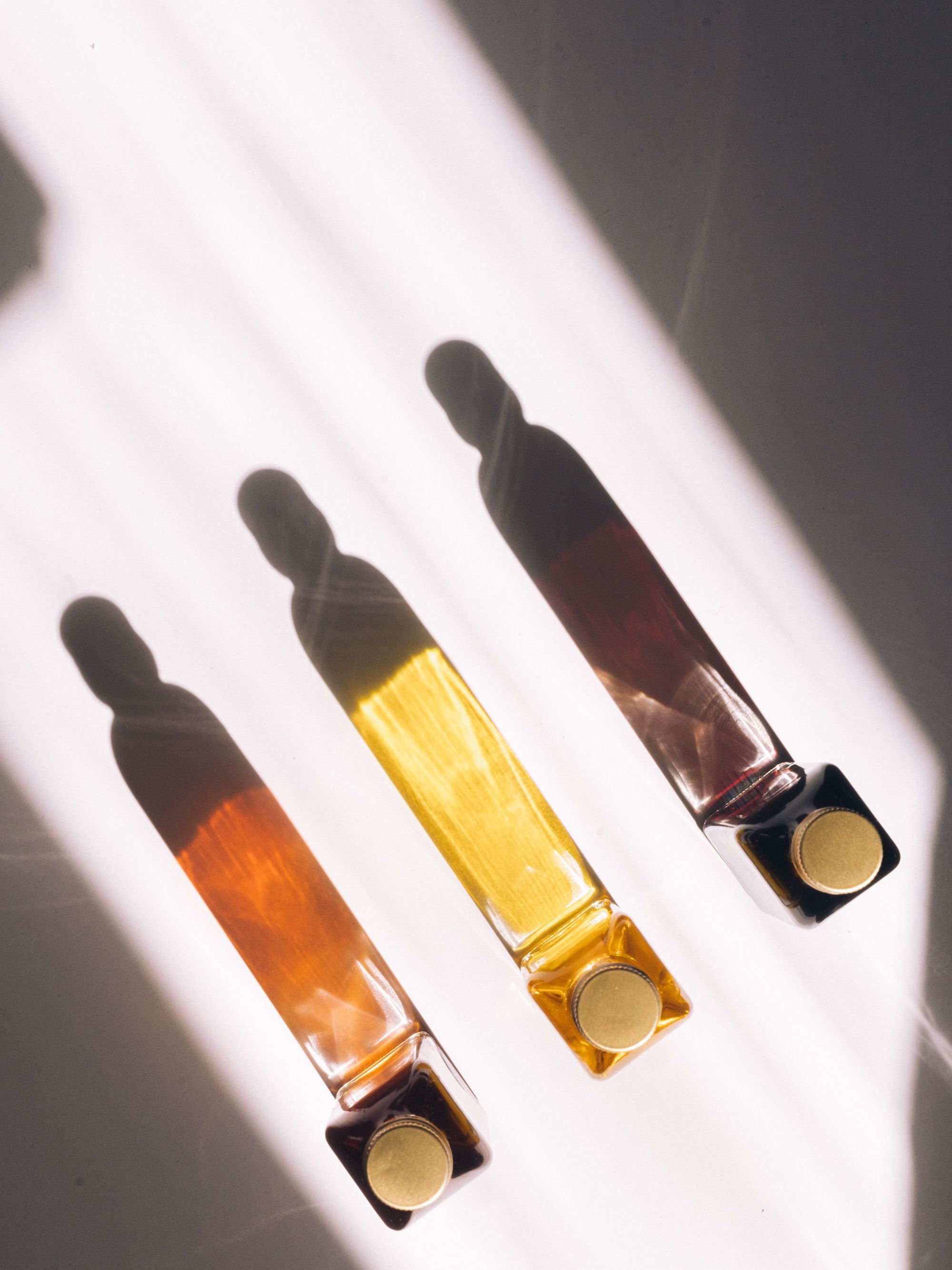
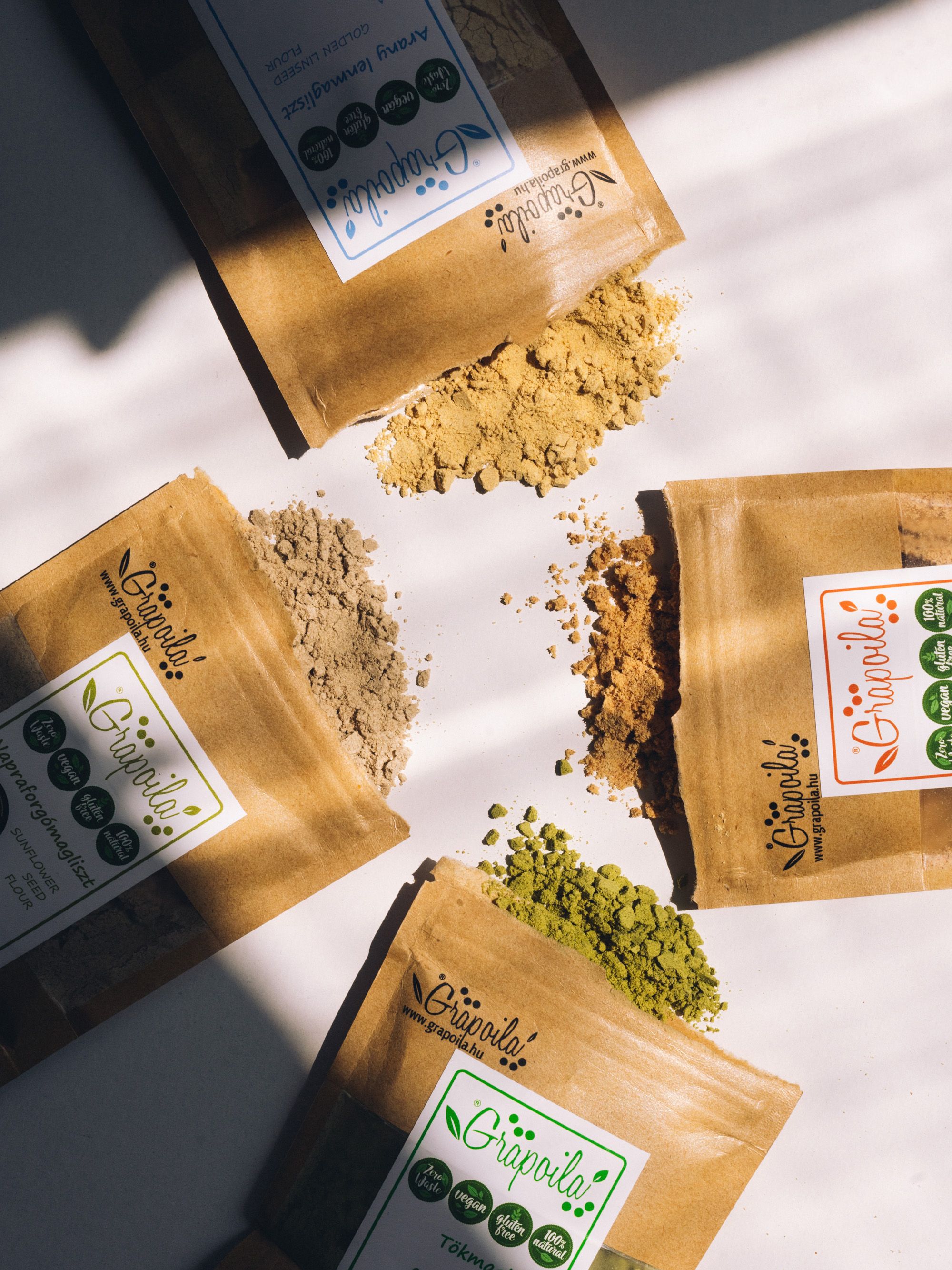
“The waste-to-product approach was very important to me from the beginning. It was not just an experiment, but a way to lighten the burden of the earth a little bit.”
The experiment proved to be so successful that large-scale production was started in Püspökladány, with the help of the family. Grapoila became the brand name, combining the words ‘grape’ and ‘oil’. The list of seeds was also constantly expanding, including pumpkin seeds, a by-product of baby food production, rosehip seeds used in phytotherapy, and sunflower seeds, which are available in huge quantities due to the industrial production of cooking oil. There was no stopping—corn kernels, Turkish hazel, peppercorns, sea buckthorn, apricot kernels, a mixture of flavors, colors, and aromas, and in addition to oils, seed flour, cosmetics, and gourmet products (seed creams, balsamic vinegar) were in the spotlight.
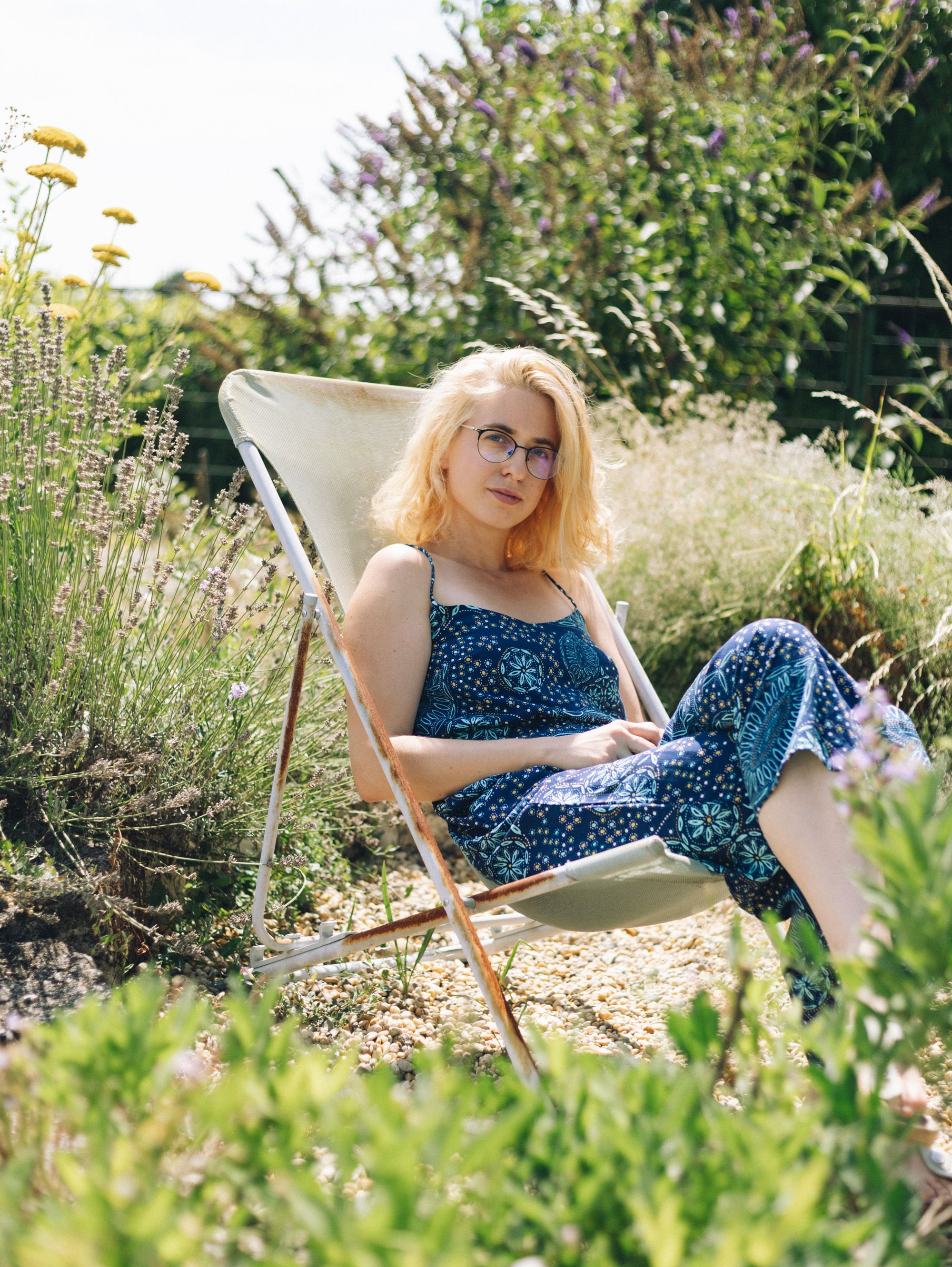
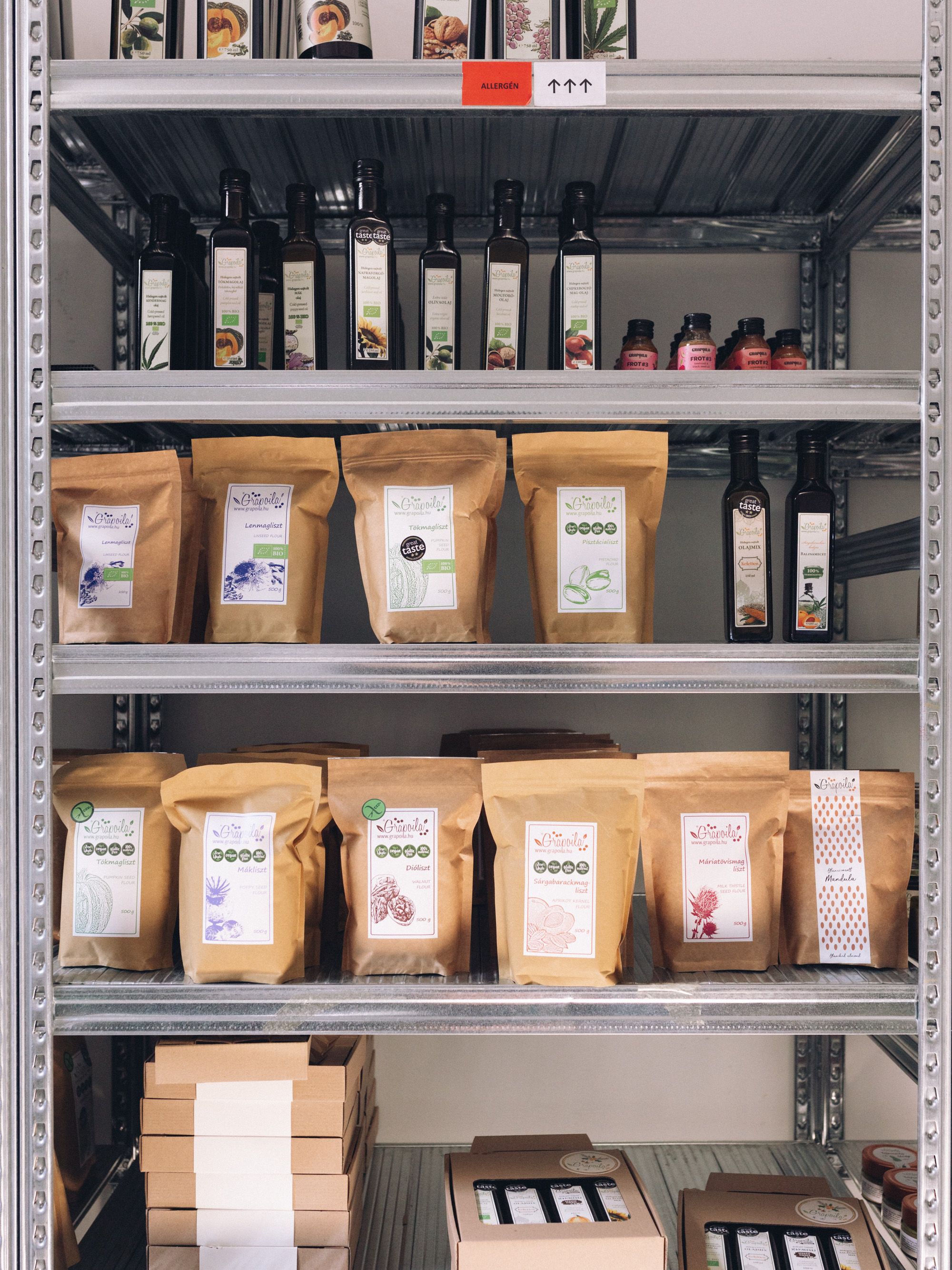
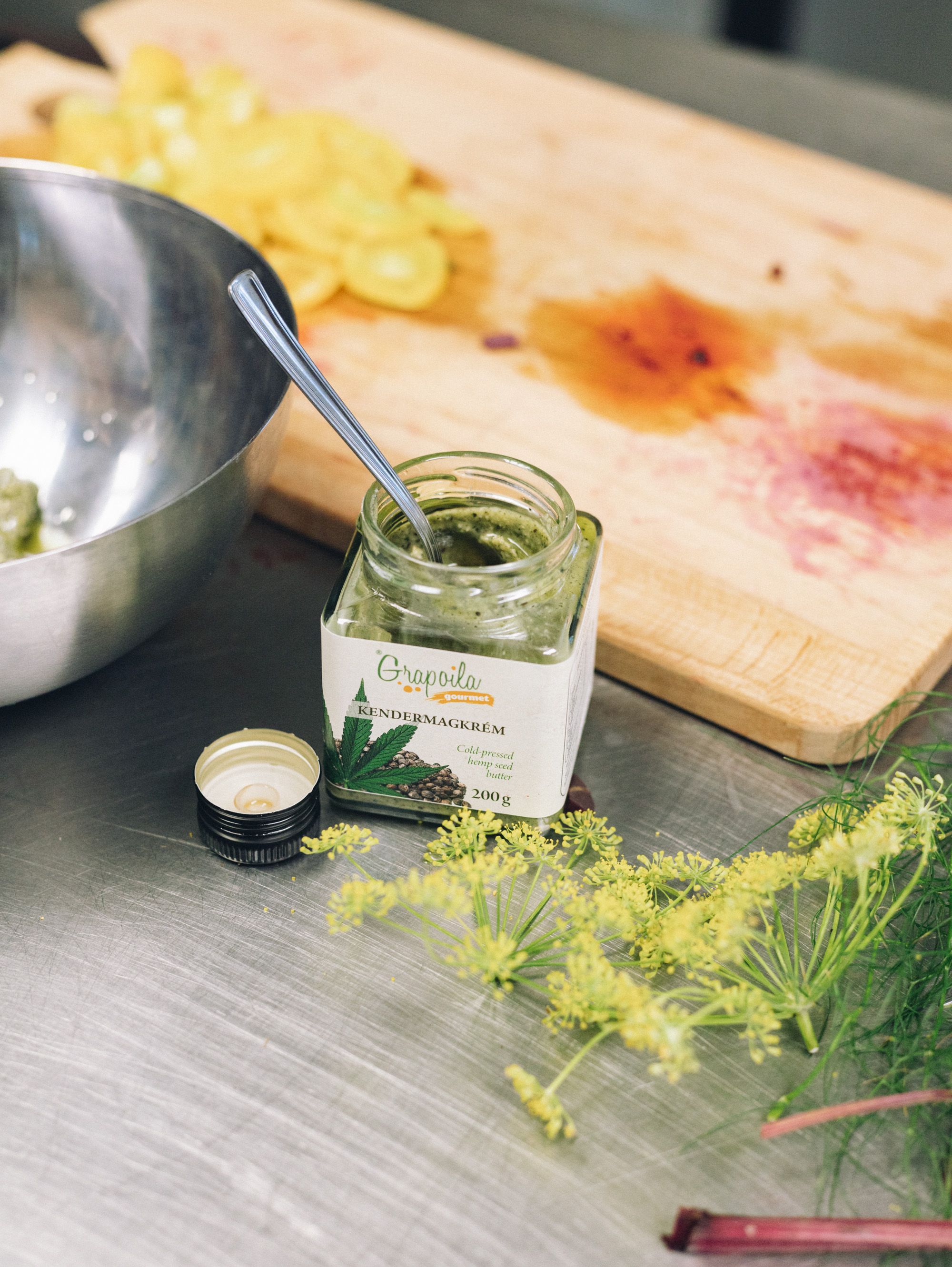
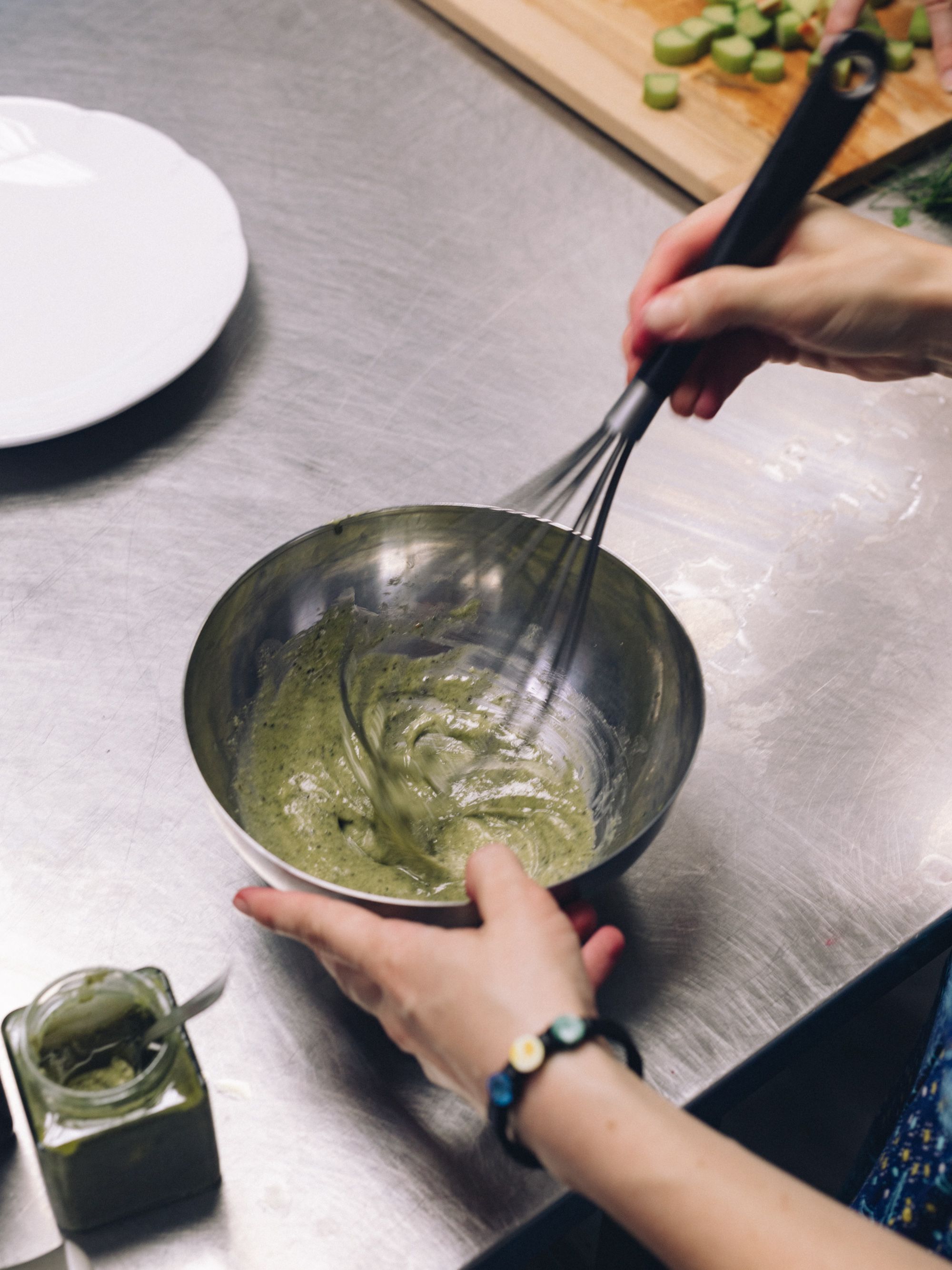
“What I liked most about these products is that they are not complicated, they are easy to use. You don’t need to be a chef; they work in a simple salad dressing.”
Marianna wanted a brand that conveyed real value instead of catchy slogans. She and her team designed every step of the production process to preserve the strength of the seeds: the temperature of the drained oil can be up to 40°C so that vitamins and nutrients remain intact. That’s why they’re worth consuming; they’re high in polyunsaturated fatty acids (such as Omega-3), vitamins E and A, and antioxidants. In order to become even more competent and professional, she has also earned a degree in food engineering. And speaking of teams, she is always quick to point out that the credit is not all hers.
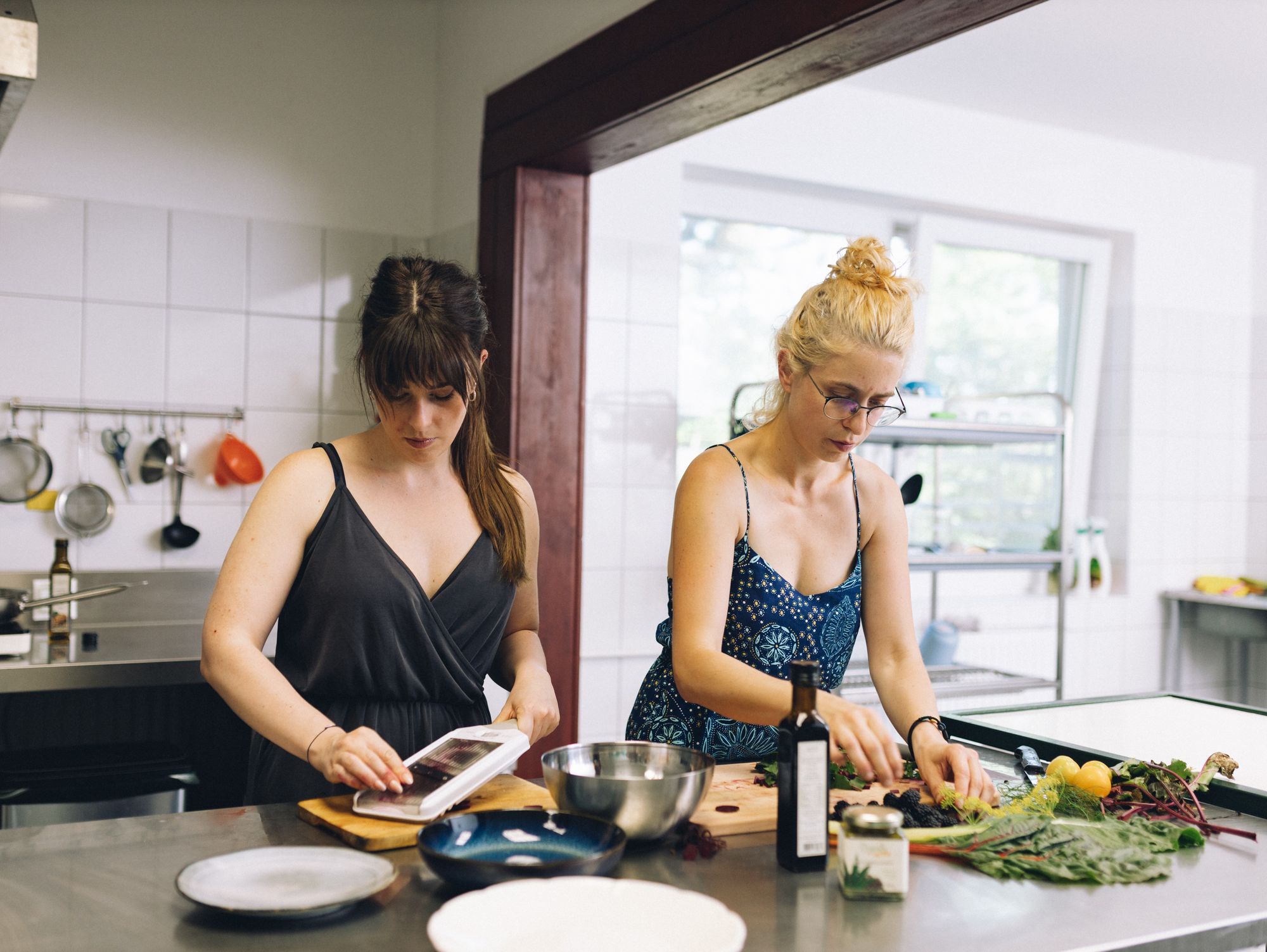
“Time with colleagues is the greatest gift. We are like a family, where we not only learn from each other but also actively help one another.”
As Grapoila has grown, like a sprout from a seed, it has expanded to include industry enthusiasts as well as casual customers. The artisanal environment was increasingly transformed into a manufacturing plant, where reliable volume became paramount as more and more exports were needed. The factory in Püspökladány was soon joined by a new Budapest site in South Buda, which brought an unexpected turn of events.
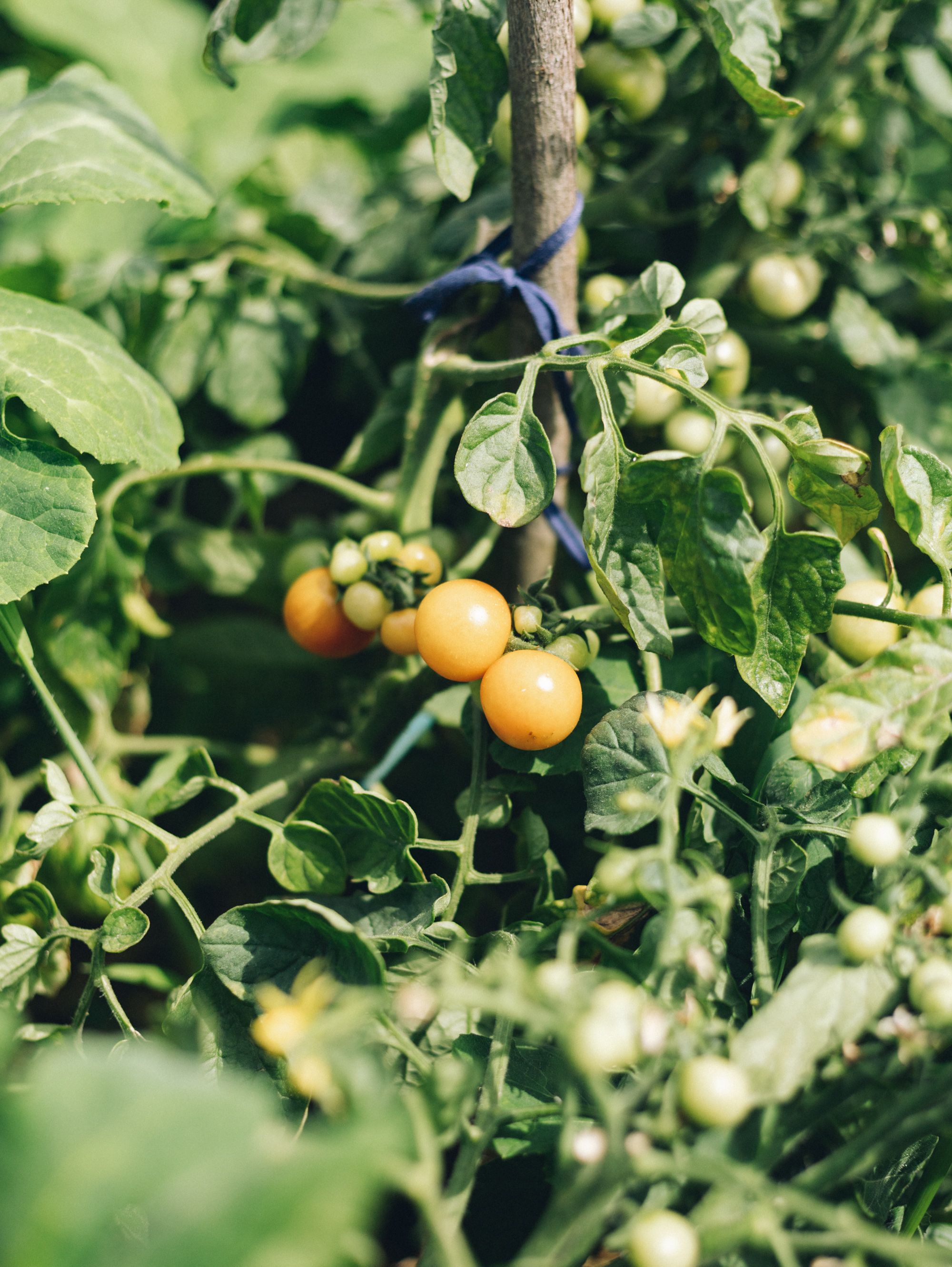
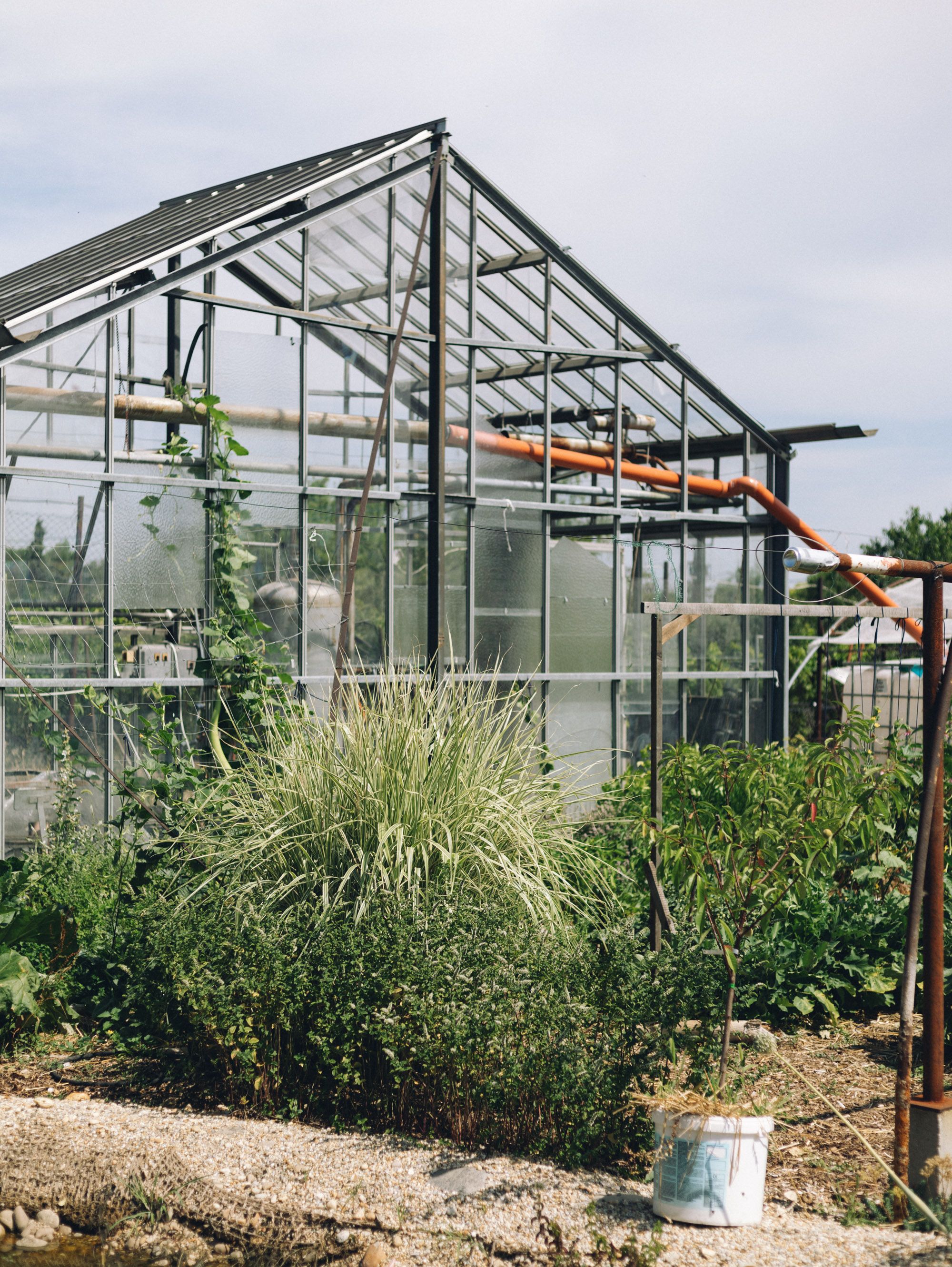

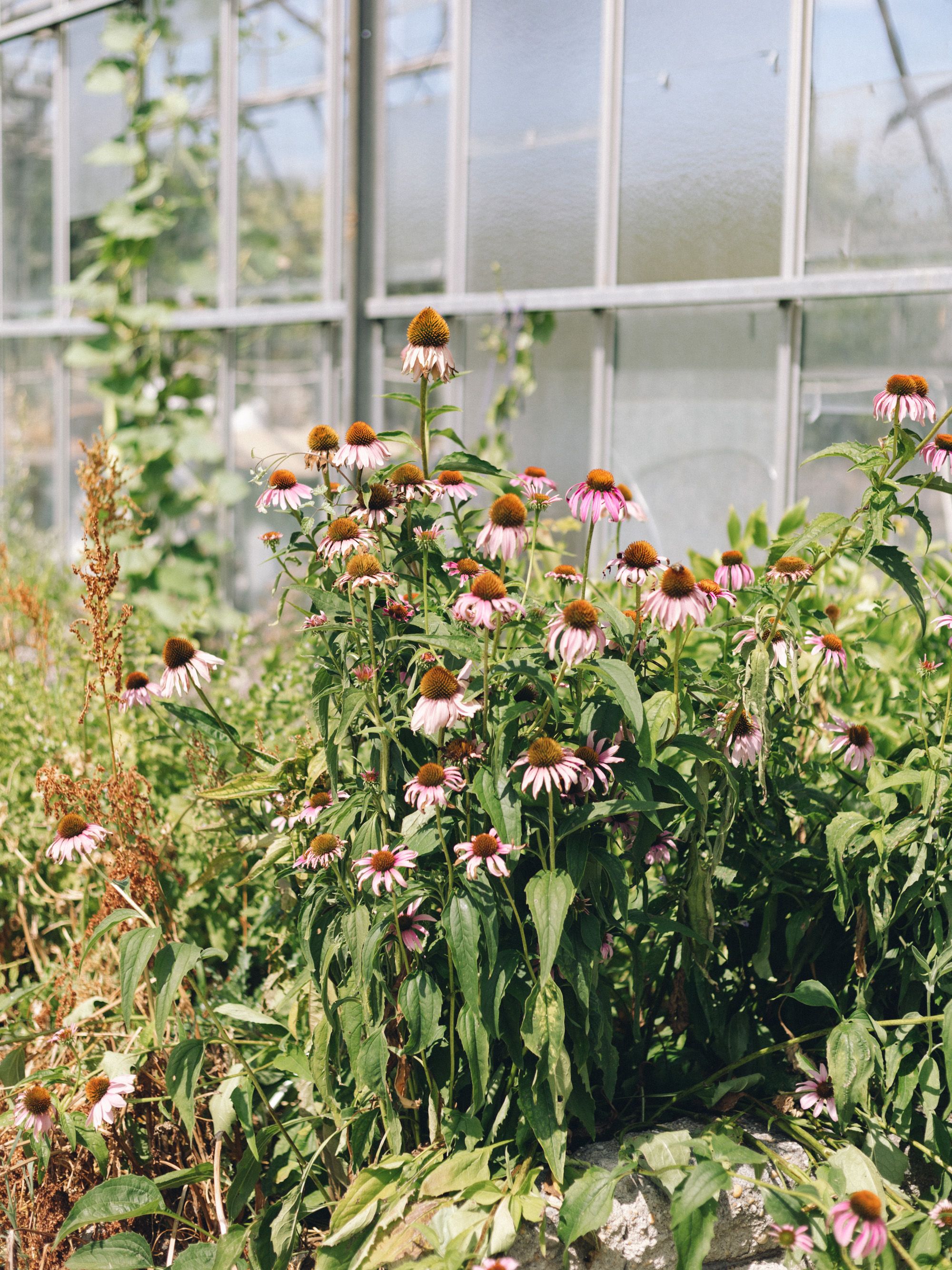
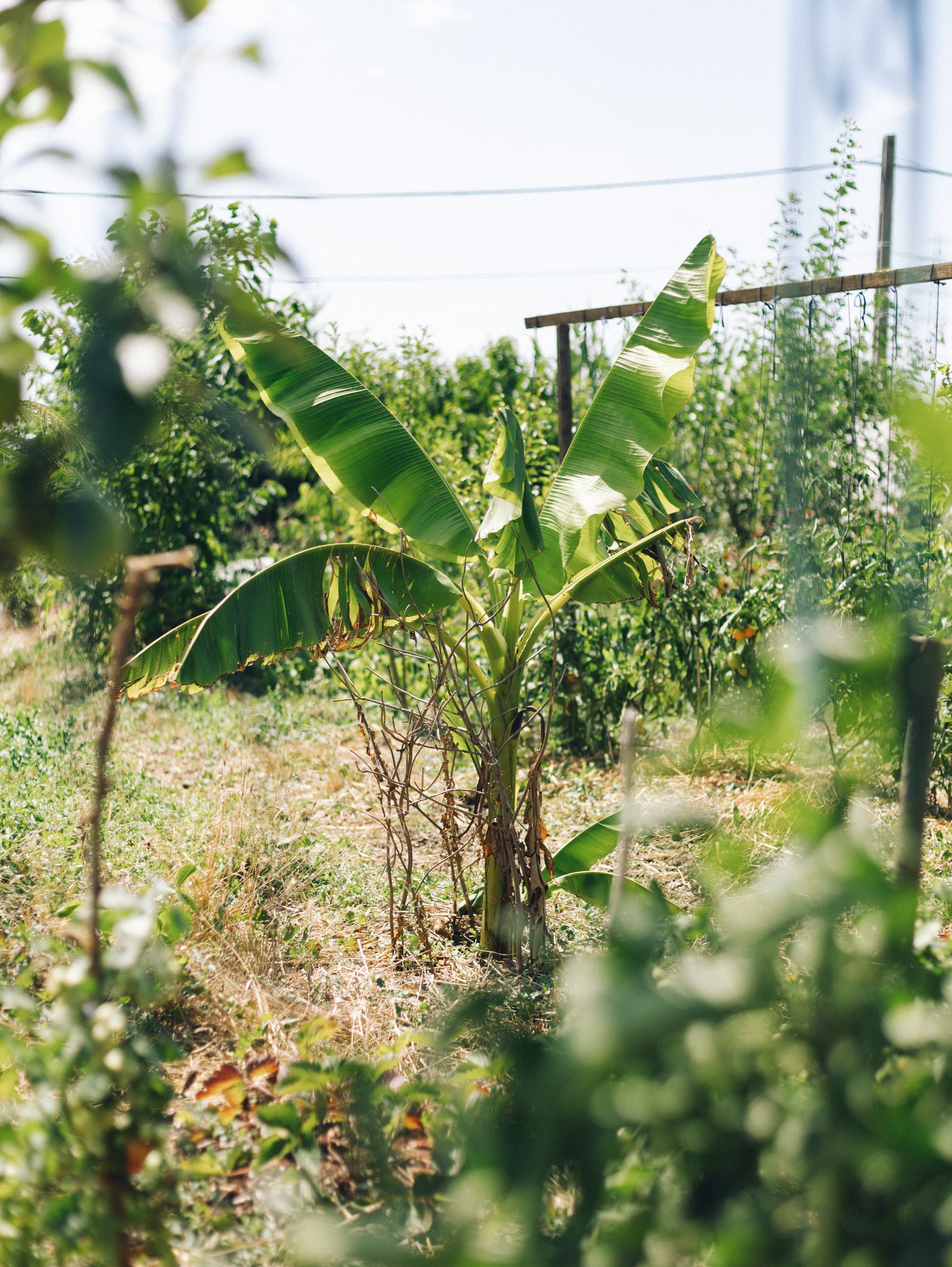
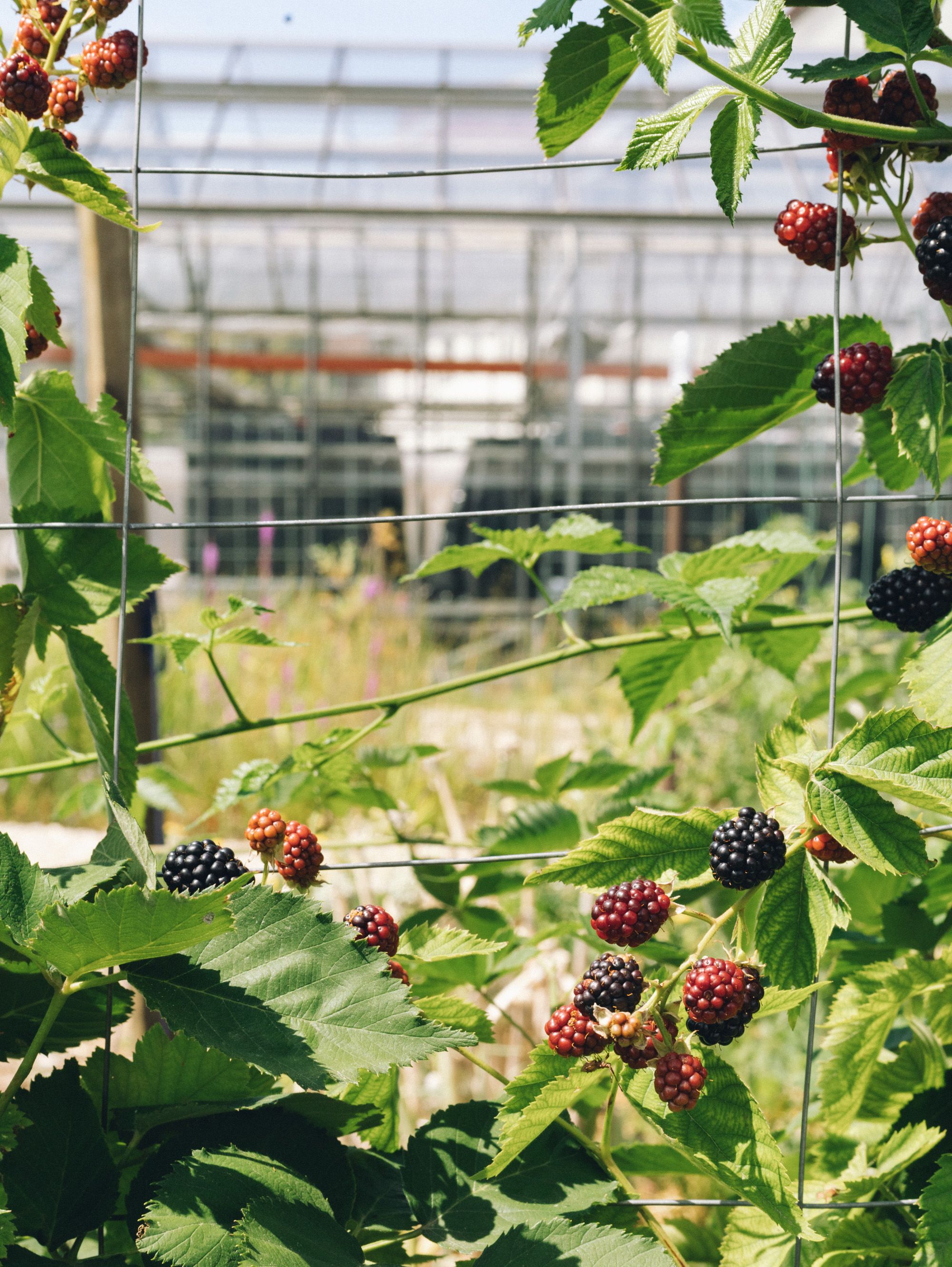
“In 2019, we moved from Budafoki Road to the site of a former plant breeding station. A vacant greenhouse and a 3,000 sqm plot of land were waiting for us, so we thought we shouldn’t let it go to waste.”
It was then that the concept of permaculture gardening (a regenerative, sustainable, circular method of zonal gardening designed to mimic nature’s self-sustaining systems by involving plants, animals, and micro-organisms in the garden) started to catch on, and they were keen to try it. The intention was not to use the seeds grown here (this is not the case today, the raw material for production is sourced from farms in Europe and the EU), but rather to have a shared ‘child’, something that would bring joy to the team, like a basket of juicy tomatoes and a rolling pumpkin. This came in particularly handy during the epidemic when it was a way to take many people out of their growing uncertainty. New team members such as the gardeners, including Ági Radnóczi, who is tireless in telling the secrets of the system, have been a great help.
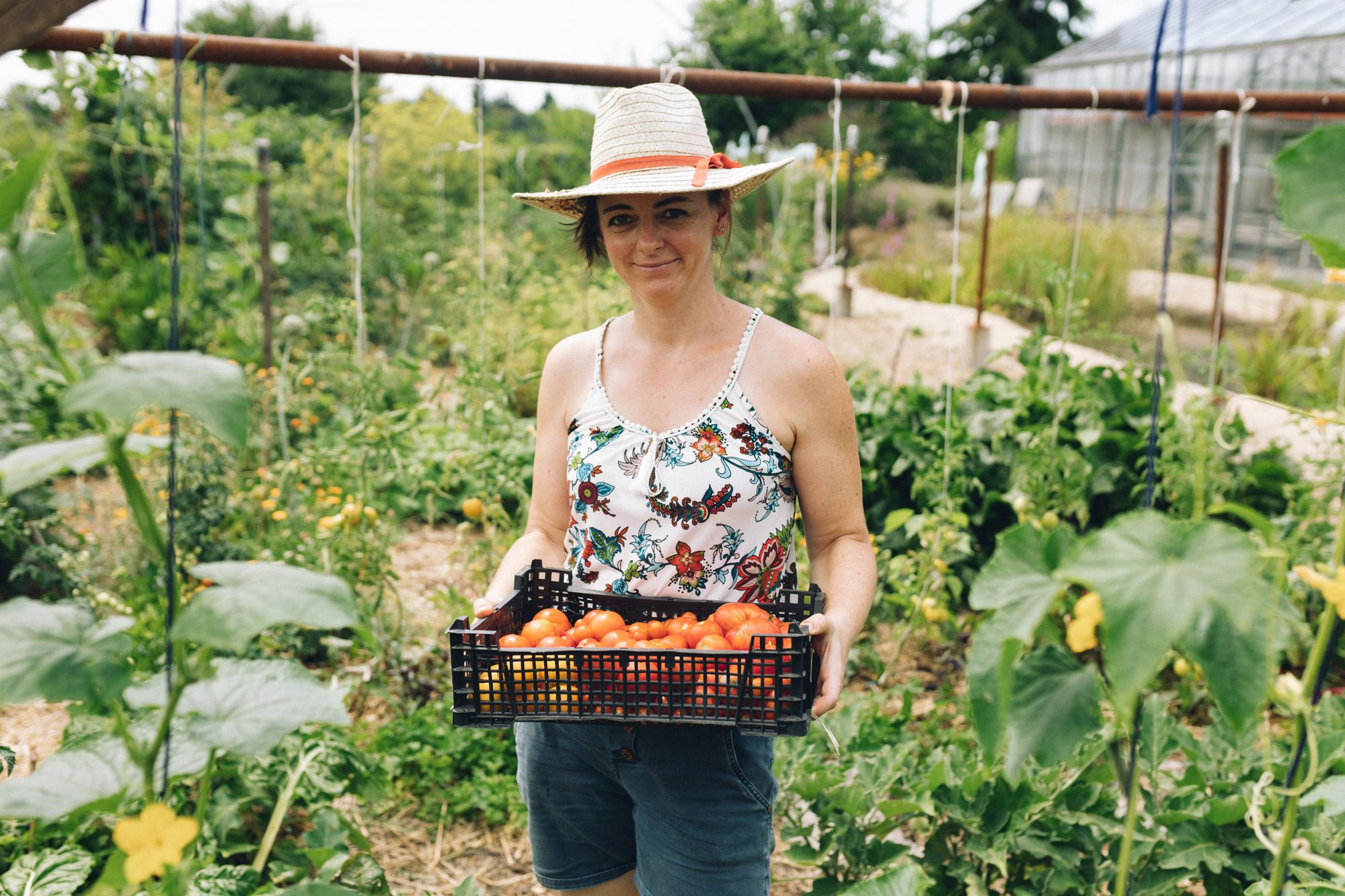
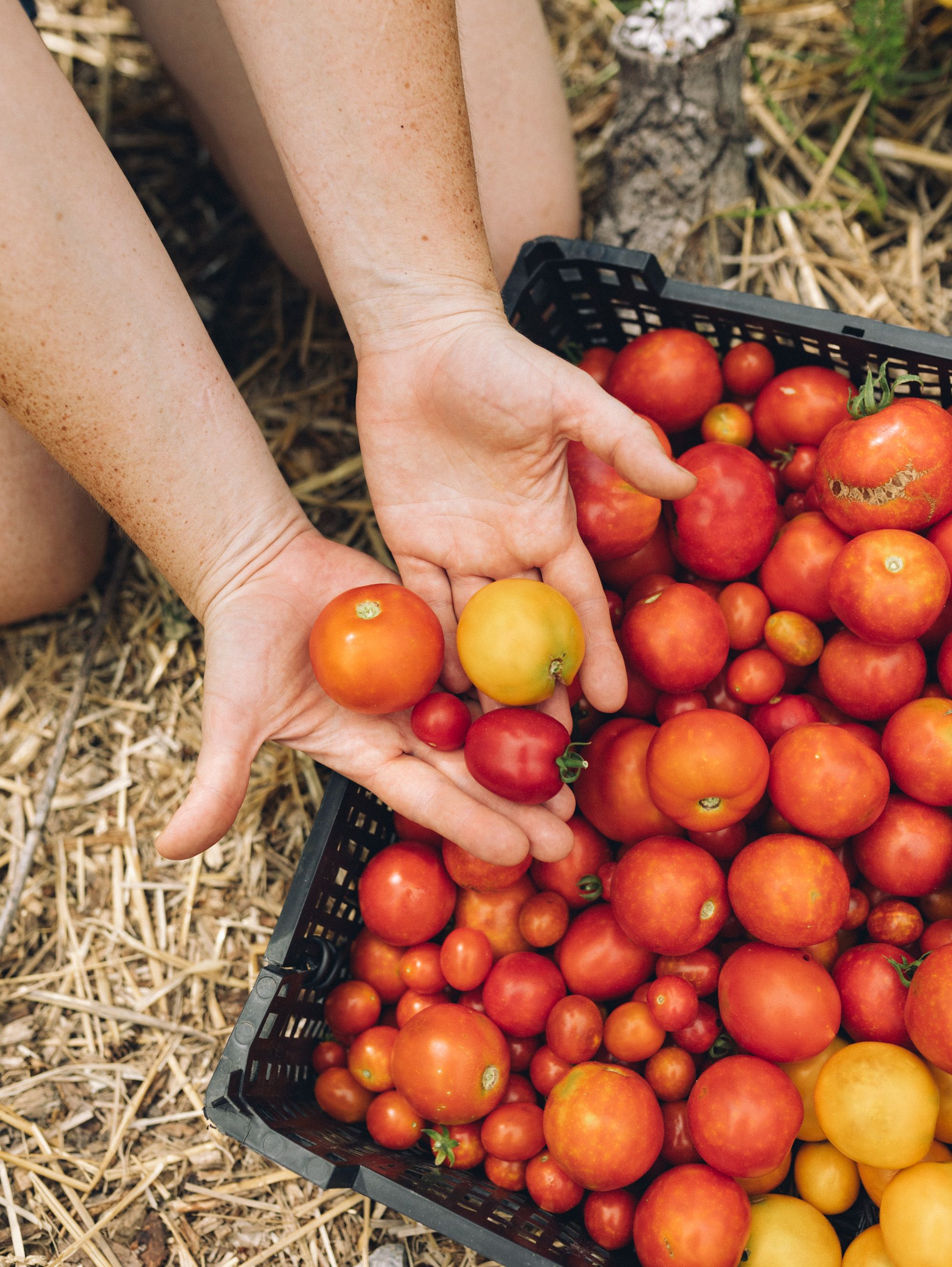
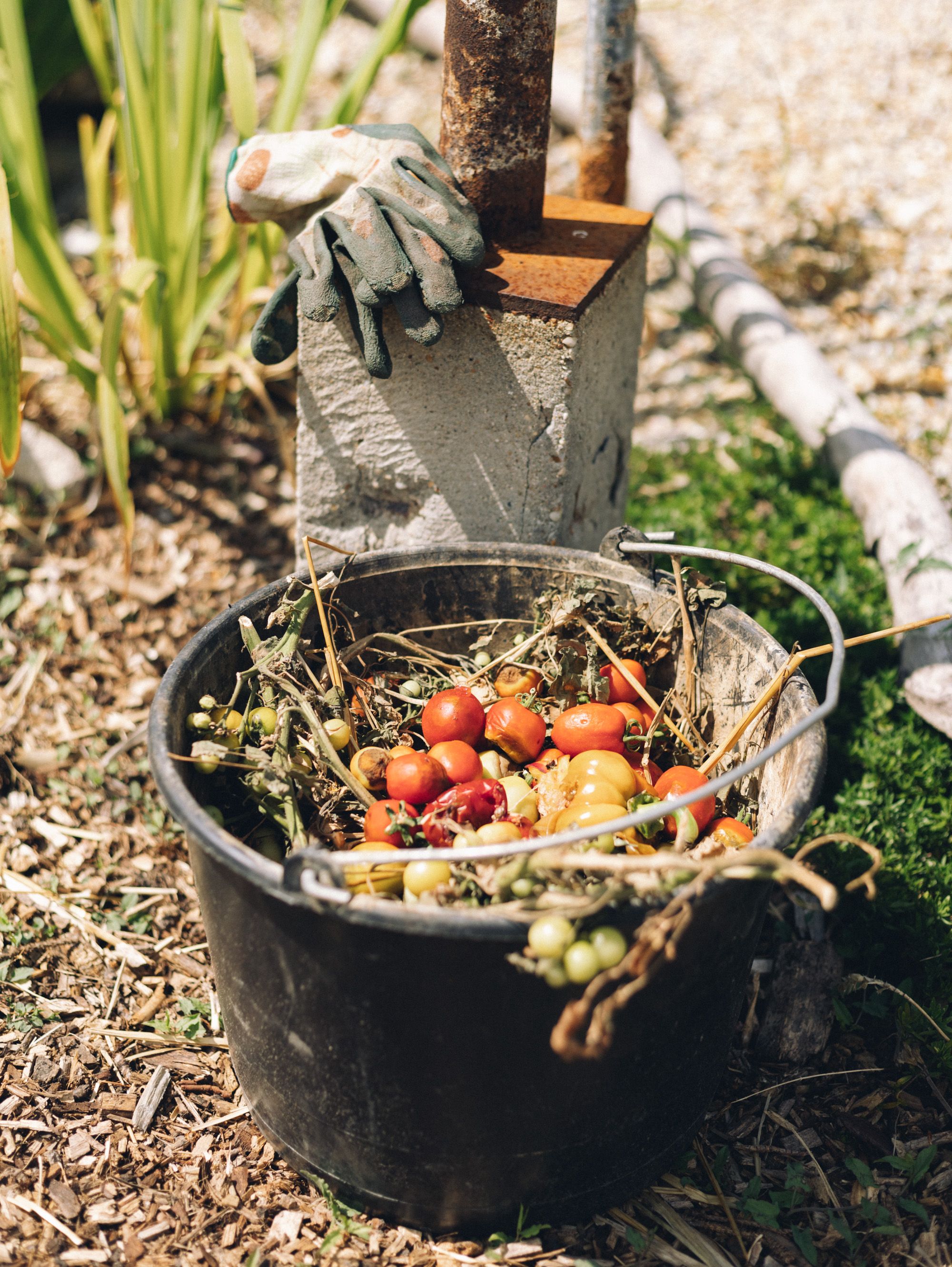
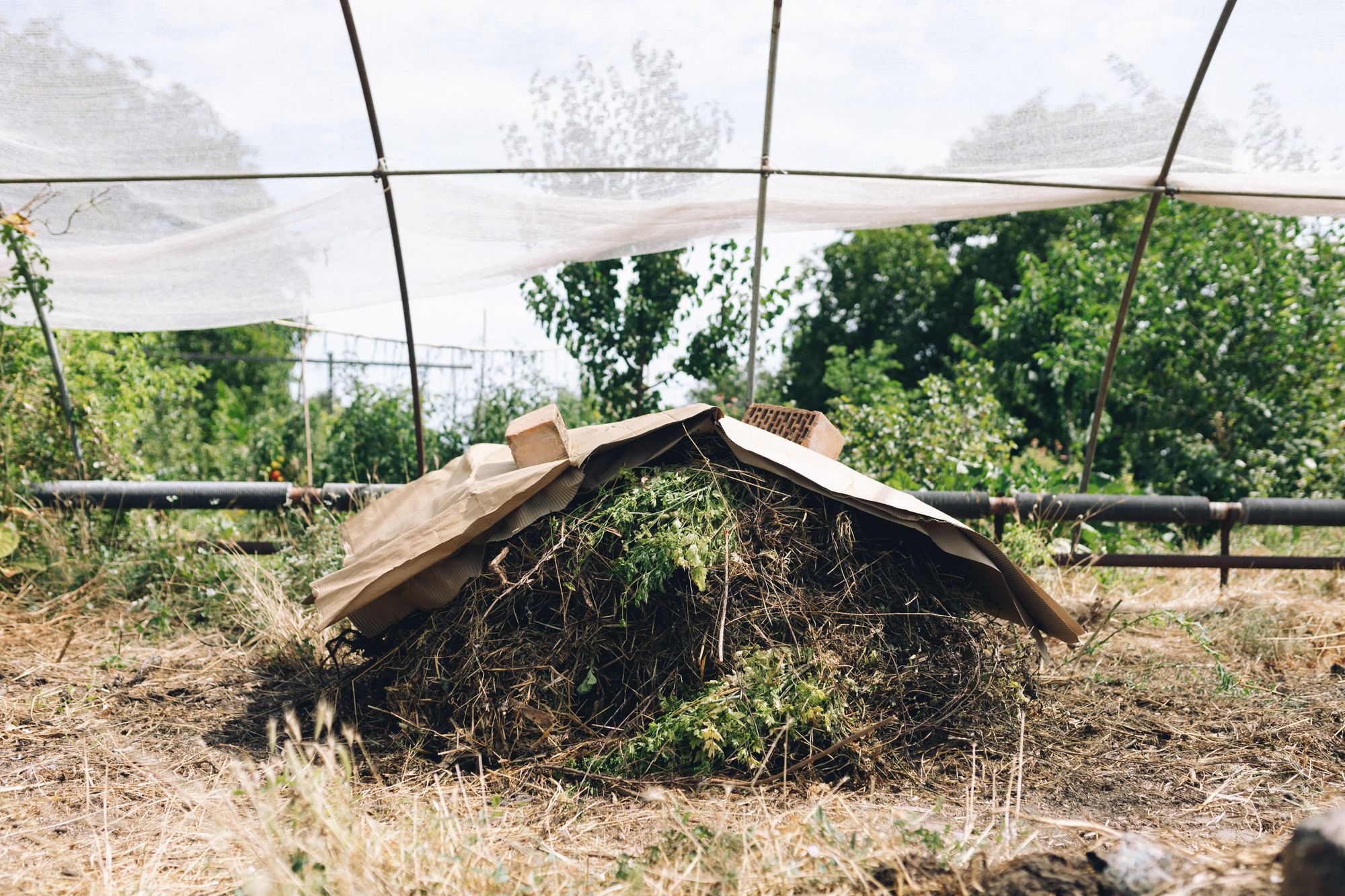
“For me, Grapoila Permaculture Garden is not just a workplace, but a system full of life where I can experience a connection with nature on a daily basis. I love showing it and doing something that really makes sense. A multi-faceted program is unfolding and growing before my eyes, and it’s an honor to be a part of it.”
This commitment is shared by all—they all mention that the close-knit community, personal development, and conscious, natural yet forward-looking work make it a good place to belong. In the communal kitchen, the oils are on the counter, the recently perfected vegan mayonnaise in the fridge, along with the pressed fruit juice shot containing FROT, or seed oil—it’s more authentic when there’s personal experience and connection.


That’s what drives the brand forward and what makes it truly innovative, if only because they get a lot of orders that require serious product development. Food engineer Virág Berczelly came across Marianna and the Grapoila story at university and decided she wanted to work here too—every job is an exciting challenge for her and every recipe transfer to a plant is a real milestone, whether it’s a gourmet seed butter, an oil blend for animals, or a perfume base.
“This is the first workplace where I can identify 100% with the approach because it really is all about sustainability. I can finally work with products I know, love, and am passionate about because they are natural, healthy, and delicious. This is how everyone should promote a brand: with heart and soul, authentically. The permaculture has blossomed before my eyes into a complex educational program, where Grapoila staff are closer to nature, to gastronomy, and have a greater sense of responsibility. They see countless examples of environmental protection and sustainability, both in-house and outside.”
These are marketing manager Eszter Fonth’s words, and they illustrate the true strength of Grapoila. Fortunately, their work does not go unnoticed by the industry: every award at the Great Taste competitions is a milestone, or when the company was chosen as a “Sustainability Hero” in Brussels, at the EnterPRIZE competition, out of 6,000 European companies. But at the same time, no matter how big they get, they somehow manage to stay small and likable. If you don’t believe it, visit the permaculture and pick a berry from the blackberry bush, or just put a big spoonful of ‘sunflower butter’ on a slice of bread or a carrot and you’ll understand!
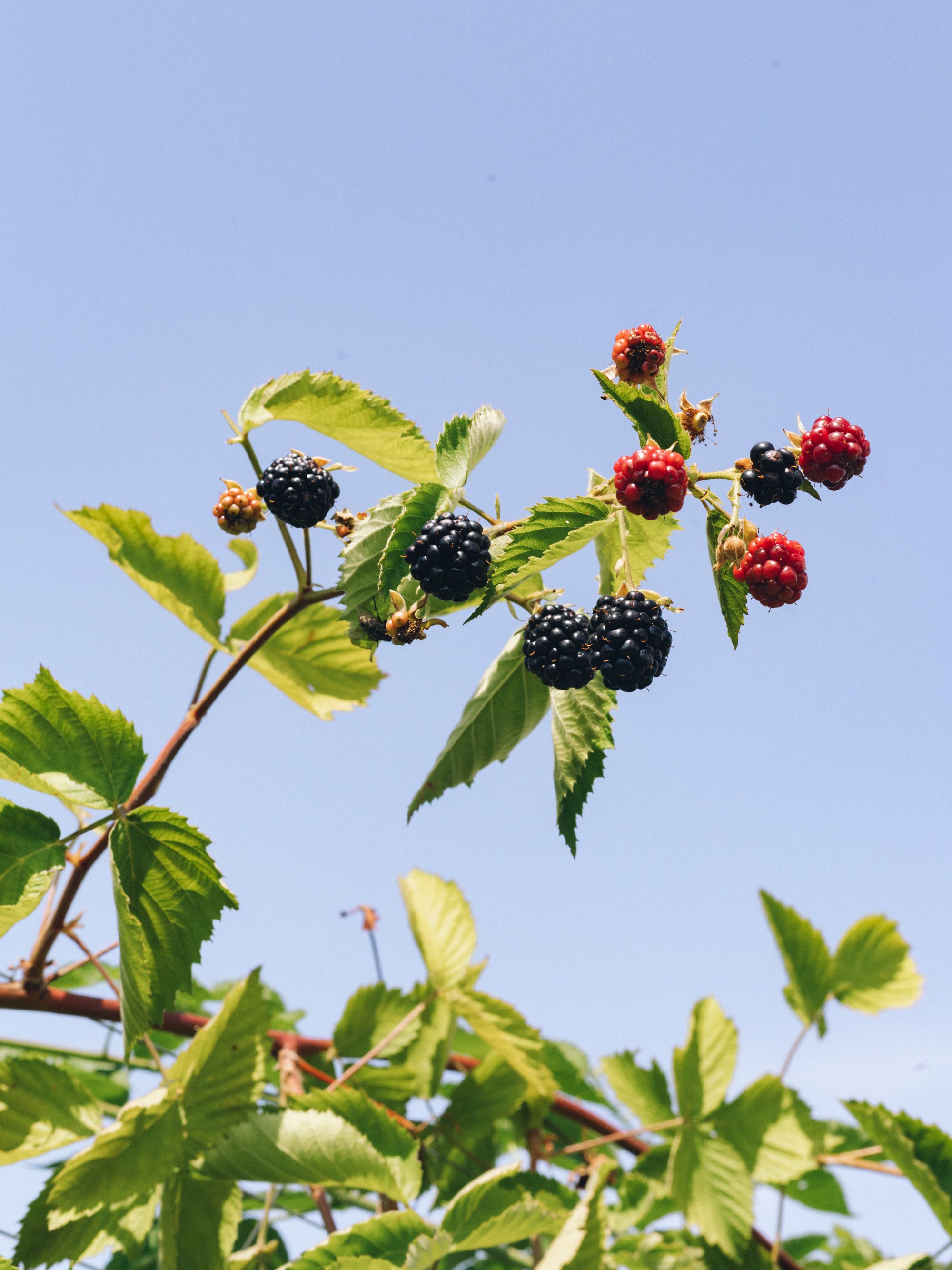
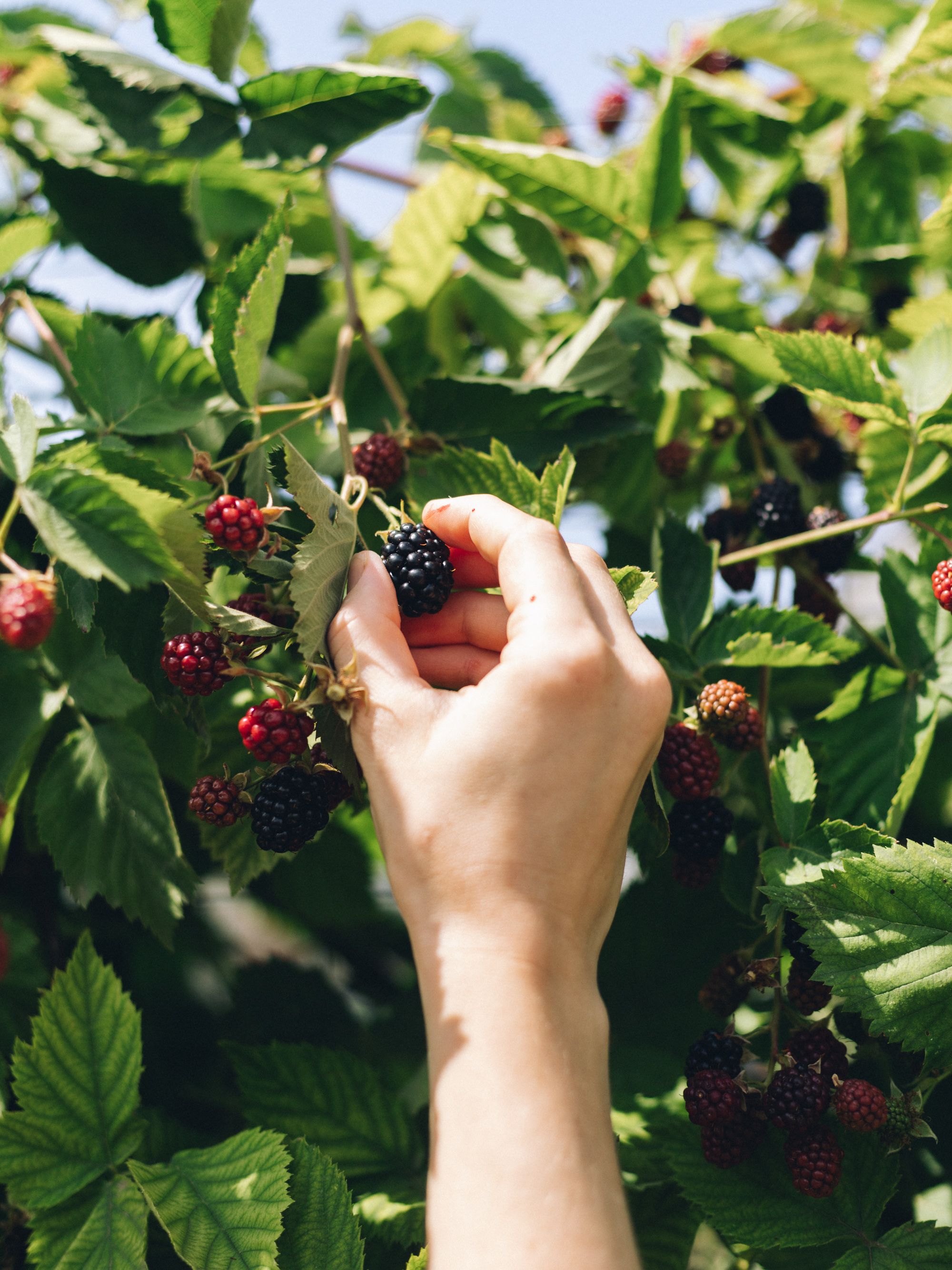
Grapoila | Web | Facebook | Instagram
Photos: Dániel Gaál

Poland’s rival parties campaign in the same way

China is not our ally–interview on Sino-Russian relations










